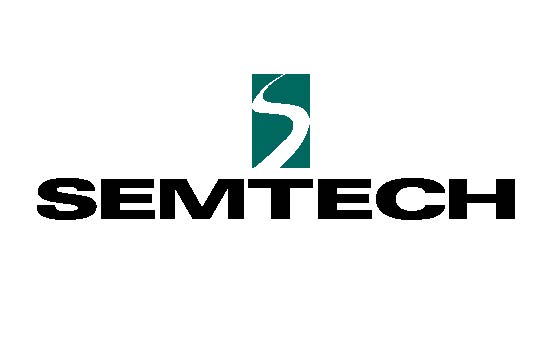This is the Sponsored paywall logged out

Utilities of all types have a need to improve control and measurement of the commodities they supply in order to bill consumption accurately, reduce wastage, cut operational costs and give a better customer experience.
 Whether supplying water, gas or electricity, utilities need to supply reliable and safe services, while also doing so economically to ensure value for money for customers and continued revenue for the company. With the effect of climate change and population demanding more resources, utilities companies are also looking for ways to drive down waste, optimise the use of available resources and integrate the renewable resources.
Whether supplying water, gas or electricity, utilities need to supply reliable and safe services, while also doing so economically to ensure value for money for customers and continued revenue for the company. With the effect of climate change and population demanding more resources, utilities companies are also looking for ways to drive down waste, optimise the use of available resources and integrate the renewable resources.
Efficient metering is central to these goals. Reliable, easy to access data on water and gas volumes and flow rates is essential to managing distribution network such as optimizing the cost of energy used for pumping water at the right pressure level, or dosing better the water treatment process, while granularity of data on electricity consumption patterns is vital to capacity planning for smart grids.
They can do this by regularly collecting data from meters, monitoring all types of sensors and controlling remote valves or actuators in almost real time. The key to this is connectivity.
LoRa is an ideal connectivity technology for utilities because it combines extremely long range, measured in miles, with deep underground and indoor penetration. It also offers very long battery lifetimes of up to two decades, making maintenance less of a burden.
As a simple and efficient way to connect IoT devices, LoRa has already proven its capabilities in numerous deployments for smart water and smart gas metering, with millions of water meters and gas meters deployed across the globe.
There are currently 181 LoRaWAN public networks and many private networks providing connectivity in more than 200 countries. With a large ecosystem of developers, suppliers and providers, utilities and their customers have a greater choice of applications and a greater number of device makers that can incorporate more widely deployed technologies into their device.
The technology is also an open protocol recognized by the ITU-T and supports OMS for M-Bus and DLMS with IPv6 adaptation layer among major international metering standards. The utilities require these key standards for ensuring interoperability and reliability of smart meters. The same standard can also be operated over different communication media, thus a smart meter can have dual connectivity interface to ensure the maximum coverage and uptime across different networks. Additionally, the same LoRaWAN network can support multi-metering applications, and support other IoT devices offering new benefits and revenues such as sensors for remote monitoring of pressure, water quality or detectors for gas or water leaks.
A new opportunity for IoT to play a key role in the digitization of utilities is with the management of infrastructure. Smart utilities can benefit from LoRaWAN sensors improving the resilience of their smart grid. With easier and lower cost of integration and deployment, sensors connected with LoRaWAN help utilities to identify and locate short-circuits and line faults faster, improving the uptime of the infrastructure. Industrial standards for smart grid such as IEC61850 and IEC 60870-5-104 can be supported for cost-effective monitoring. For the integration of new renewable energy (such as solar panels) in residential markets through support of IEEE2030.5, LoRaWAN is also likely to see increased adoption.
LoRaWAN supports flexibility in network models, as networks can be public, private, hybrid or community based and support roaming.
By enabling easy connectivity of smart IoT devices to a network, allowing data to be readily converted into insights and thus actionable decisions, LoRa can help utilities cut costs, improve safety, reduce waste and improve customer satisfaction while still being compliant with different standards required by smart utilities.
https://www.semtech.com/lora/lora-applications/smart-utilities





Please login or Register to leave a comment.